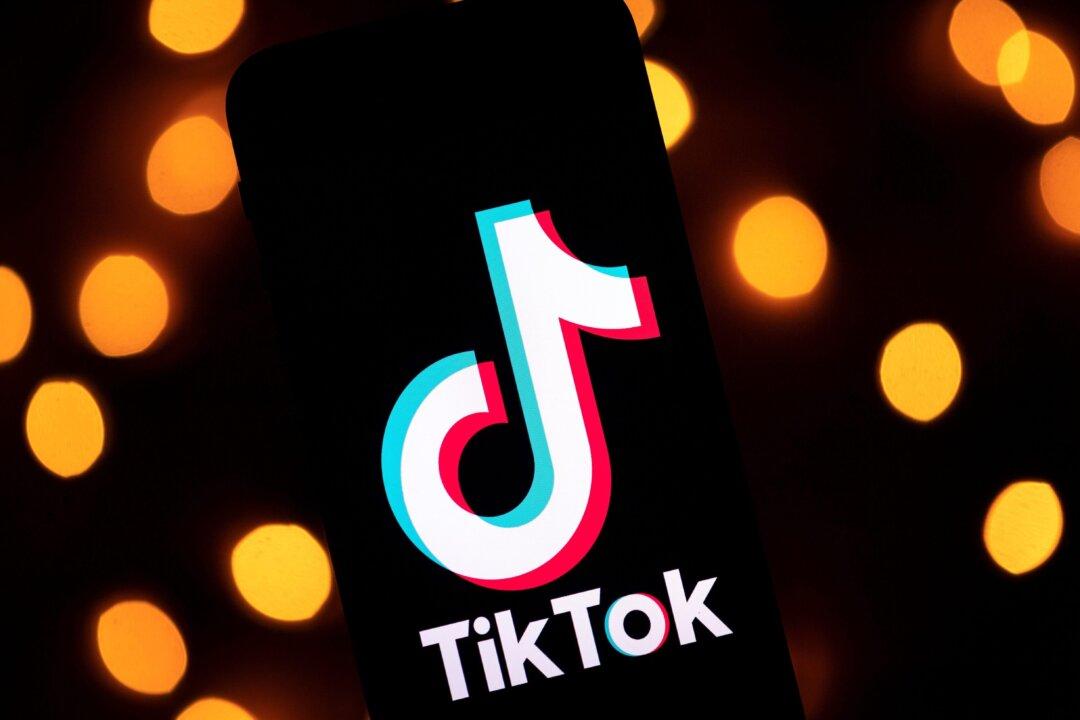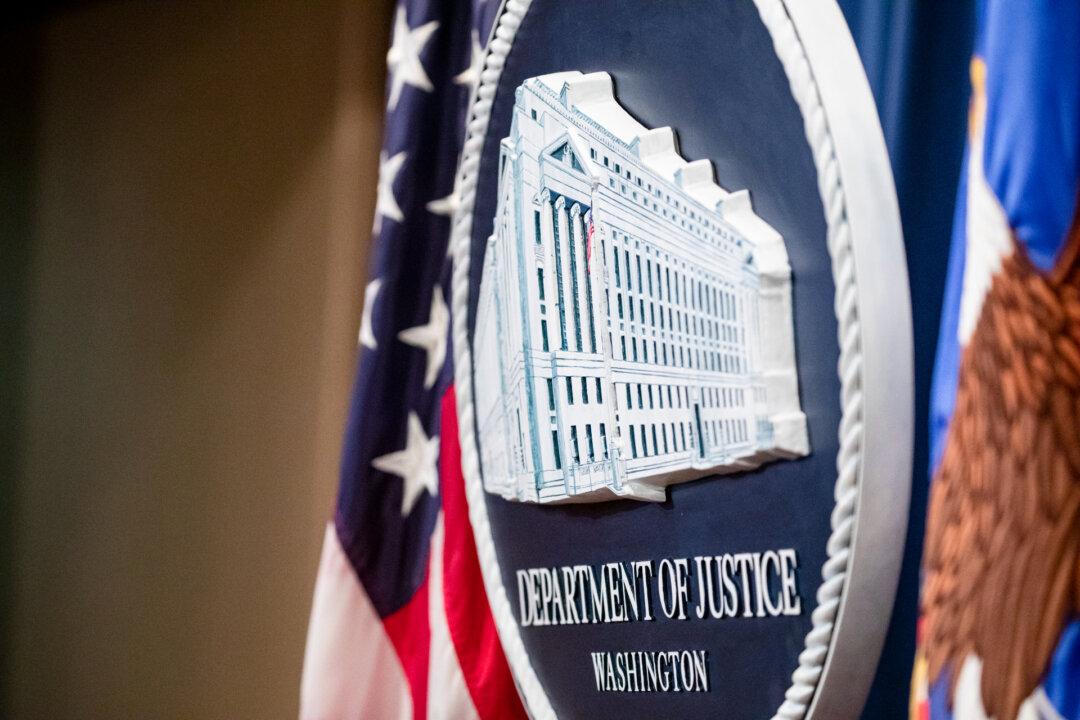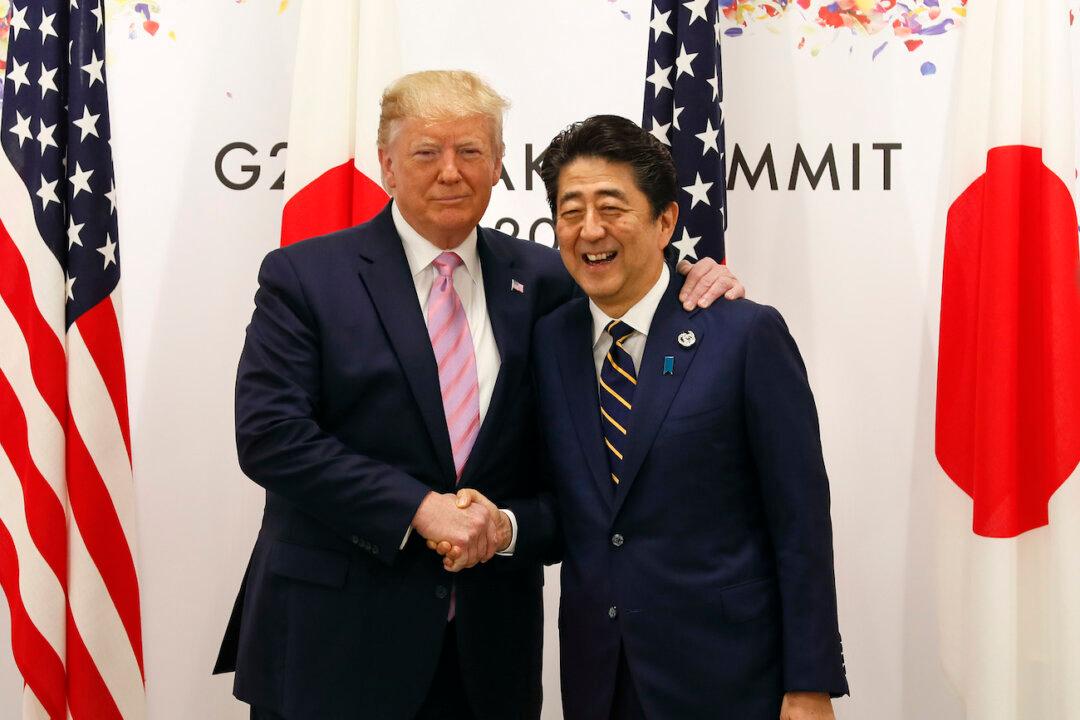After India recently announced its decision to permanently ban 59 Chinese mobile apps including video-sharing app TikTok amid rising border tensions with China, TikTok is reportedly ending its business in India and making layoffs.
TikTok issued a statement on Jan. 27 that “given the lack of feedback from the government about how to resolve this issue in the subsequent seven months, it is with deep sadness that we have decided to reduce our workforce in India.”





